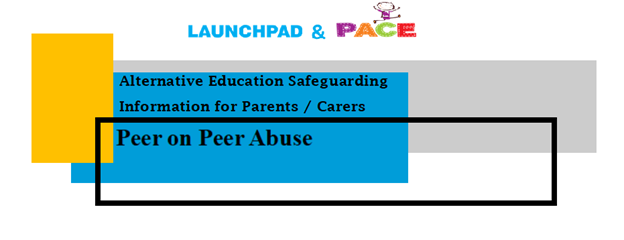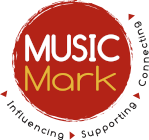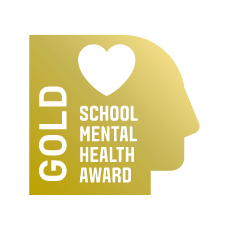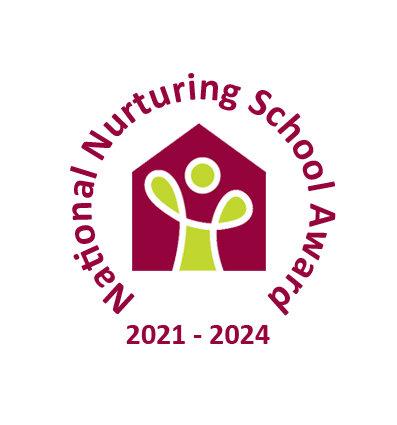Peer on Peer Abuse

What is peer-on-peer abuse?
Peer-on-peer abuse is any form of physical, sexual, emotional and financial abuse, and coercive control exercised between children, and within children’s relationships (both intimate and non-intimate), friendships, and wider peer associations.
Peer-on-peer abuse can take various forms, including (but not limited to): serious bullying (including cyberbullying), relationship abuse, domestic violence and abuse, child sexual exploitation, youth and serious youth violence, harmful sexual behaviour and/or prejudice-based violence including, but not limited to, gender-based violence.
Online peer-on-peer abuse is any form of peer-on-peer abuse with a digital element, for example, sexting, online abuse, coercion and exploitation, peer-on-peer grooming, threatening language delivered via online means, the distribution of sexualised content, and harassment.
The following statistics highlight the extent of this issue:
- One in five girls in England suffered physical violence from their boyfriend
- More than four in ten teenage schoolgirls aged between 13 and 17 in England have experienced sexual coercion.
- The rates of violence were higher for girls in England than in other countries.
- Nearly half (48%) of girls reported instances of emotional and online abuse from their partners.
- Over a third of young boys in England admitted watching porn and held negative attitudes towards women.
Our Philosophy
In the Alternative Provision Service we believe that all pupils have the right to be taught in a safe environment to enable them to optimise their learning and achievement. We expect all pupils to develop self -discipline and respect for others and to feel valued and supported. The school promotes the values of honesty, tolerance and fairness within a caring and nurturing environment. We take all matters of peer on peer abuse seriously. In January 2019 we gained the BIG Award (Bullying Intervention Group) for excellence in challenging and dealing with bullying for 2019.
In order to prevent peer on peer abuse, in the Alternative Provision Service, we have a clear set of values and standards underpinned by our behaviour policy and pastoral system. We also cover important matters in our Safeguarding and PHSE curriculum and utilise assemblies and outside agencies to promote topics such as:
- Healthy relationships
- Respectful behaviour
- Gender roles, stereotyping and equality
- Body confidence and self-esteem
- Prejudiced behaviour
- That sexual violence and sexual harassment is always wrong
- Hate crime
- Bullying
Further information and support
If you are worried that your child has an unhealthy or abusive friendship and/or relationship, or you have any concerns about the matters highlighted above please contact any member of the Alternative Provision Service Safeguarding Team:
Mr M Power (Headteacher Alternative Provision Service/DSL)
Mr A. Ford (Deputy Headteacher Alternative Provision Service, Head of Provision for KS3 & Day 6 Base/DSL)
Mrs K. Crook (Safeguarding & Pastoral Manager/DSL)
Mrs C Dawson (SENDCO/DSL)
Mr R. Vaughan (Head of Provision for Tuition Services/DSL)
Mrs T. Harvey (Head of Provision for Launchpad KS4 & Vocational/DSL)
Mr S. Toole (Head of Provision for PACE/DSL)
Alternatively please access the following for advice and guidance:-
Police 999 for emergency or 101 to report a crime
https://www.childline.org.uk
https://www.ceop.police.uk/safety-centre
https://www.childnet.com
http://www.barnardos.org.uk
https://www.anti-bullyingalliance.org.uk
https://www.kidscape.org.uk
https://www.nspcc.org.uk
https://www.gov.uk/government/organisations/department-for-education





